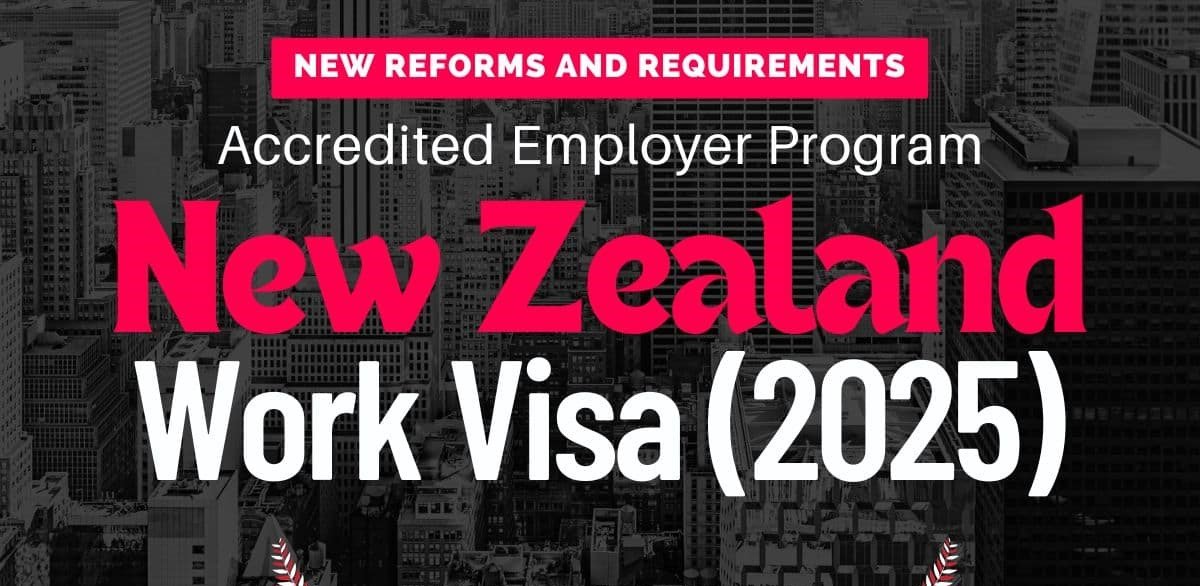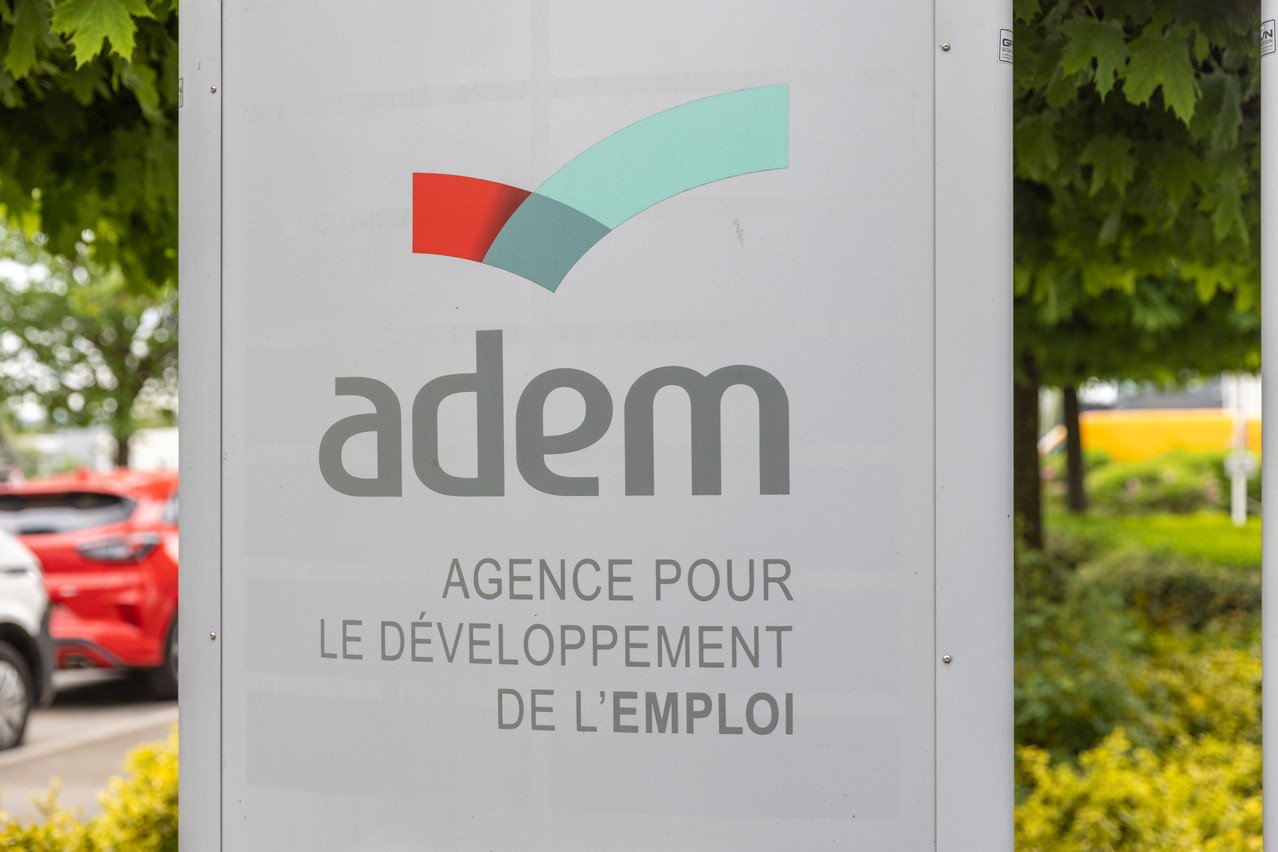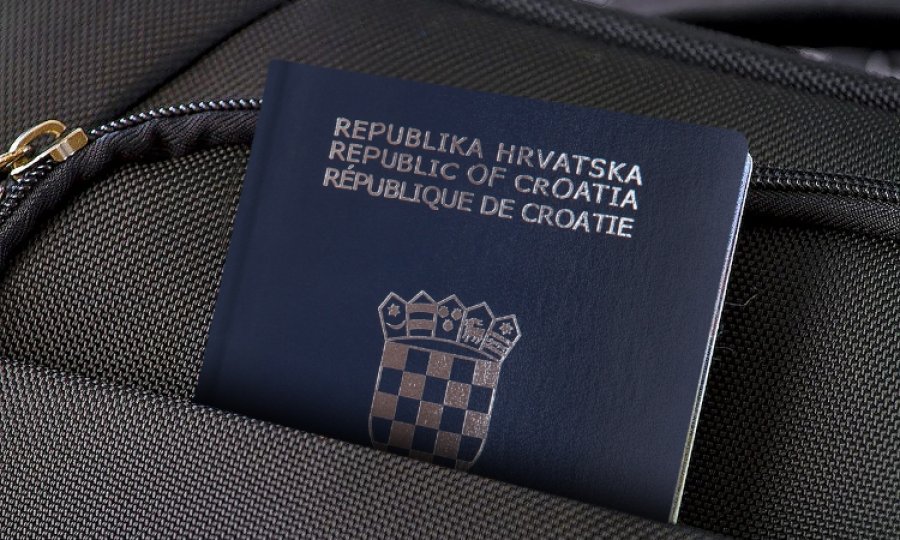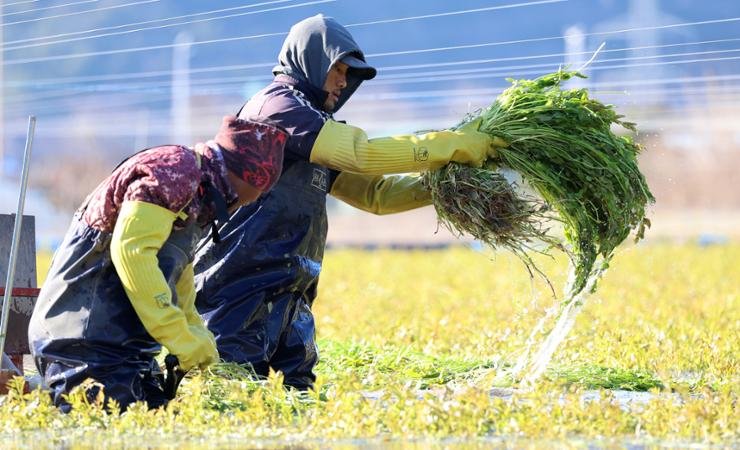
Key Takeaways:
- Sweden has reduced the processing time for EU Blue Card applications from 90 days to 30 days.
- The processing time has also been shortened for Intra-Corporate Transferee Permits and researcher permits.
- Sweden plans to lower the salary threshold for EU Blue Card applicants as well.

In a bid to attract highly qualified workers and retain talent, Sweden has announced a reduction in the processing time for EU Blue Card applications.
Authorities have revealed that the processing time for highly skilled workers applying for a Swedish EU Blue Card has been shortened from 90 days to just 30 days, according to Schengen.News.
Additionally, the processing time has been reduced for Intra-Corporate Transferee Permits and research permits as well.
This move is expected to positively impact both foreign workers and Sweden’s labor market. However, the expedited processing will only apply to applicants who submit complete and accurate applications. For those who fail to meet these requirements, the processing time could extend up to four months.
It’s also important to note that the shortened processing time does not apply to qualified applicants seeking to work in industries that require additional examinations under Sweden’s four-tier assessment system.
By cutting down the processing time for certain applicants, Sweden aims to support businesses facing labor shortages and allow foreign workers to begin their jobs more quickly, reducing the waiting period for application responses.
Sweden Working to Lower Salary Requirement for EU Blue Card
Sweden’s Move to Attract Foreign Workers
As part of its efforts to make the country more attractive to foreign talent, Sweden has announced plans to lower the salary requirement for obtaining an EU Blue Card. In August, authorities revealed that the monthly salary threshold for applicants would be reduced by approximately €866. This change is seen as a crucial step in making Sweden a more competitive destination for skilled professionals from abroad.
Government Support for Foreign Talent
Sweden’s Minister of Migration, Maria Malmer Stenergard, emphasized that lowering the salary requirement is an important move to improve and simplify the conditions for qualified foreign workers. This initiative aligns with the country’s broader goal of addressing labor shortages in key industries by making it easier for highly skilled workers to obtain permits and contribute to the economy.
Broader European Trends
Moreover, Sweden is not alone in modifying its EU Blue Card policies to attract highly qualified workers. Earlier this year, in April, Estonia introduced its own set of changes to facilitate the process for obtaining an EU Blue Card. Under Estonia’s new regulations, foreign nationals can now apply for the card if they have at least five years of professional experience in their field, without needing to present formal educational qualifications. This shift highlights a broader European trend towards easing the requirements for skilled workers, reflecting the growing demand for talent across the continent.
Conclusion
In conclusion, Sweden’s efforts to lower salary requirements and expedite processing times for EU Blue Card applicants demonstrate the country’s commitment to becoming a more attractive destination for skilled foreign workers. Similarly, other EU nations, such as Estonia, are also streamlining their rules to meet the evolving needs of the labor market. These changes are expected to benefit both foreign professionals and the economies of the countries involved.

















